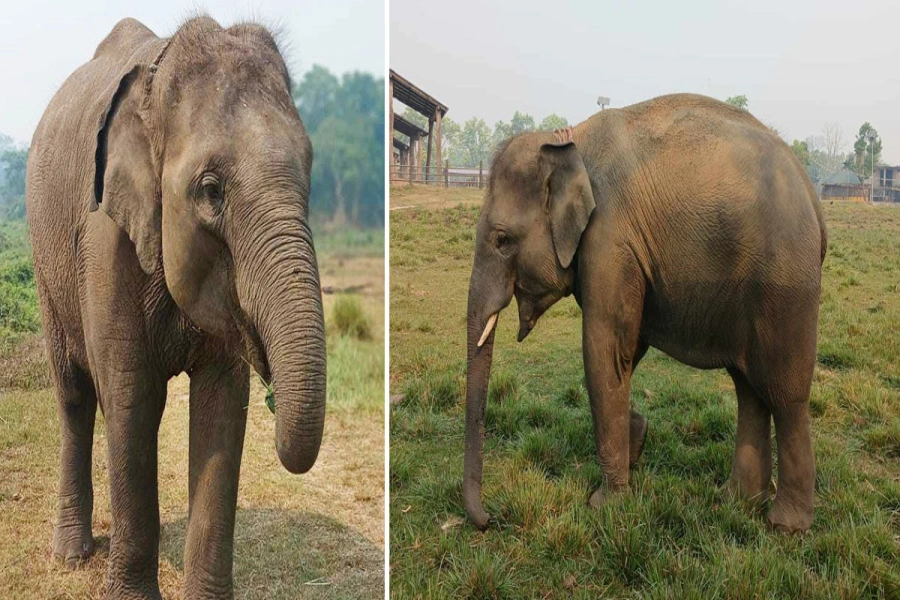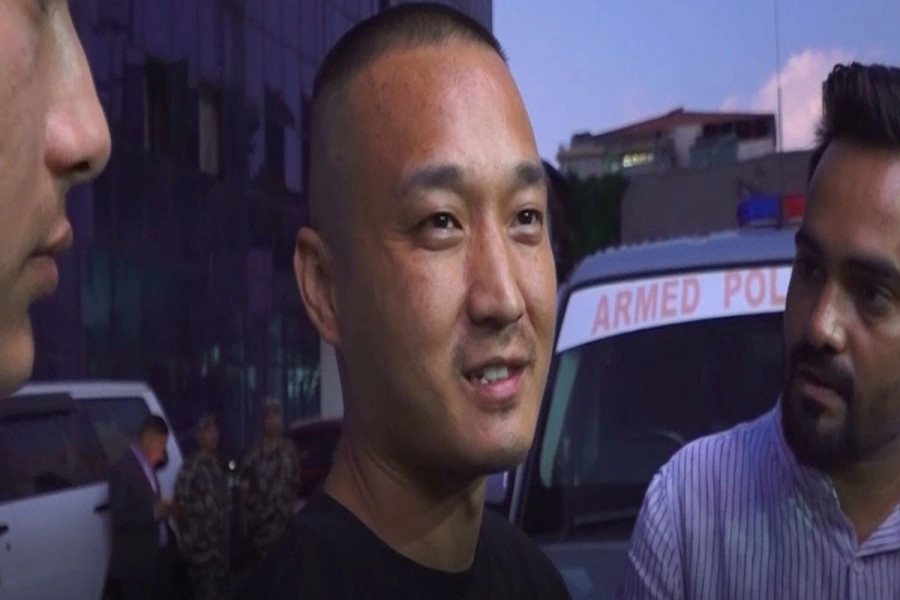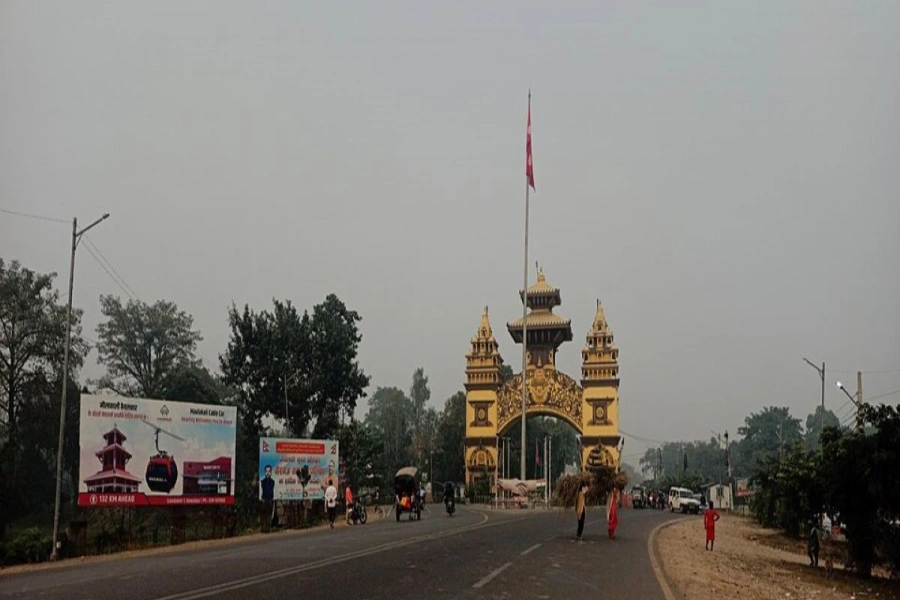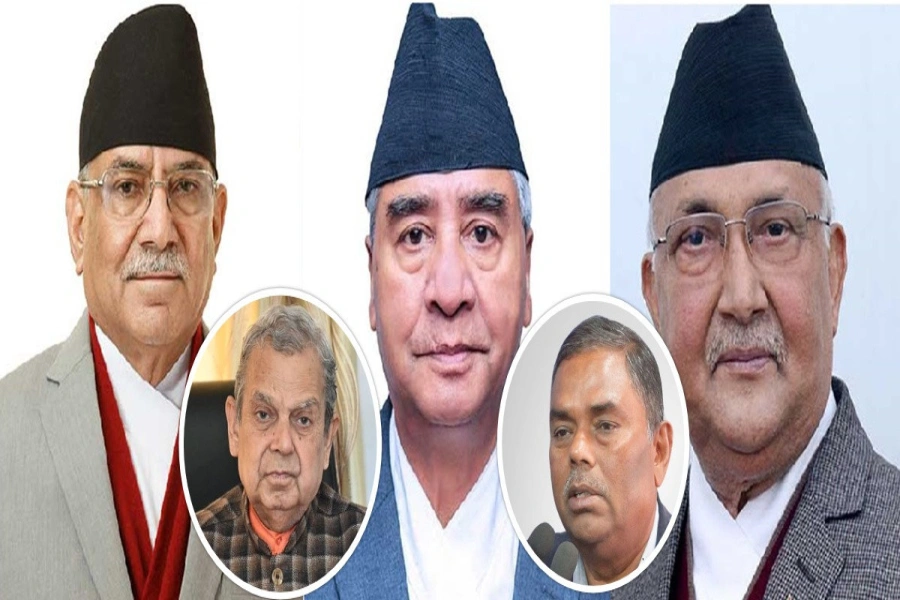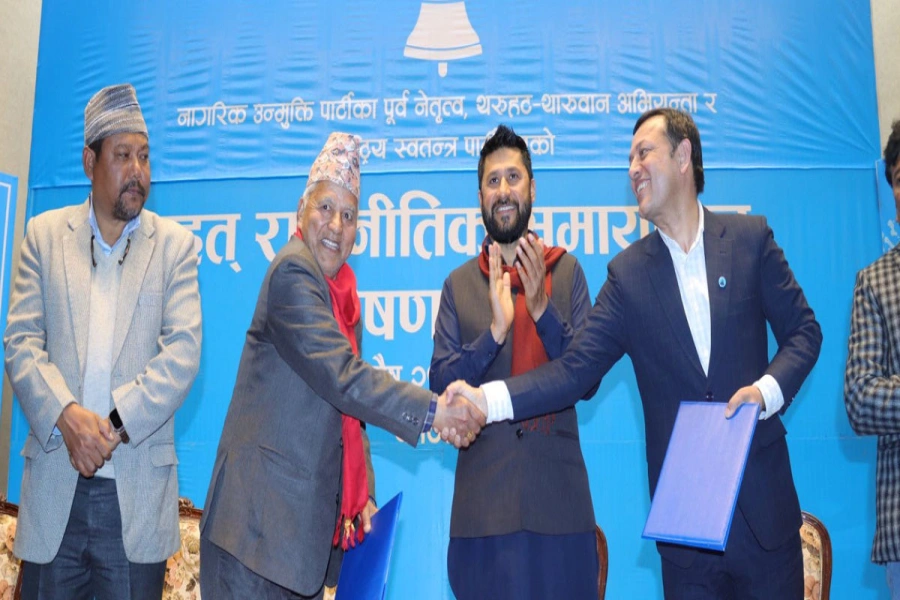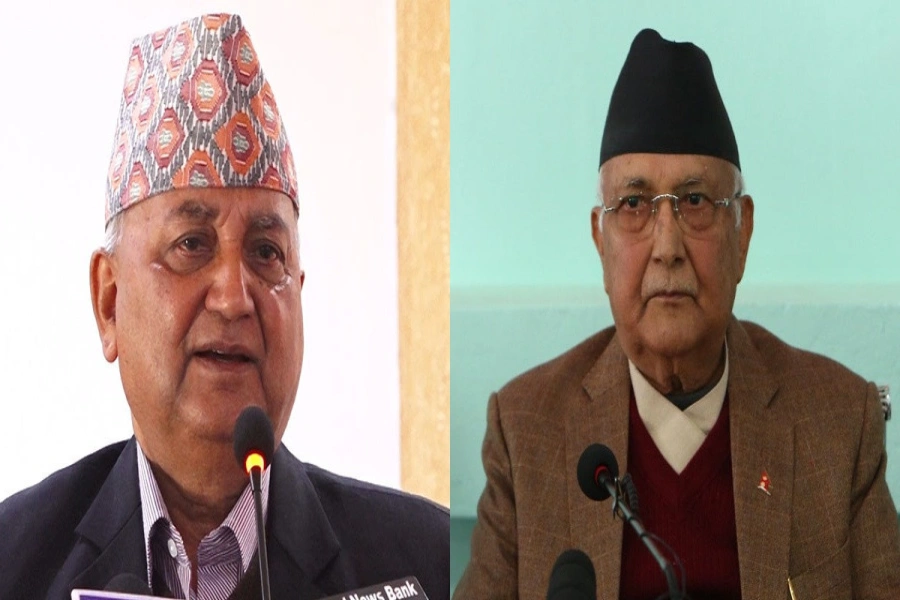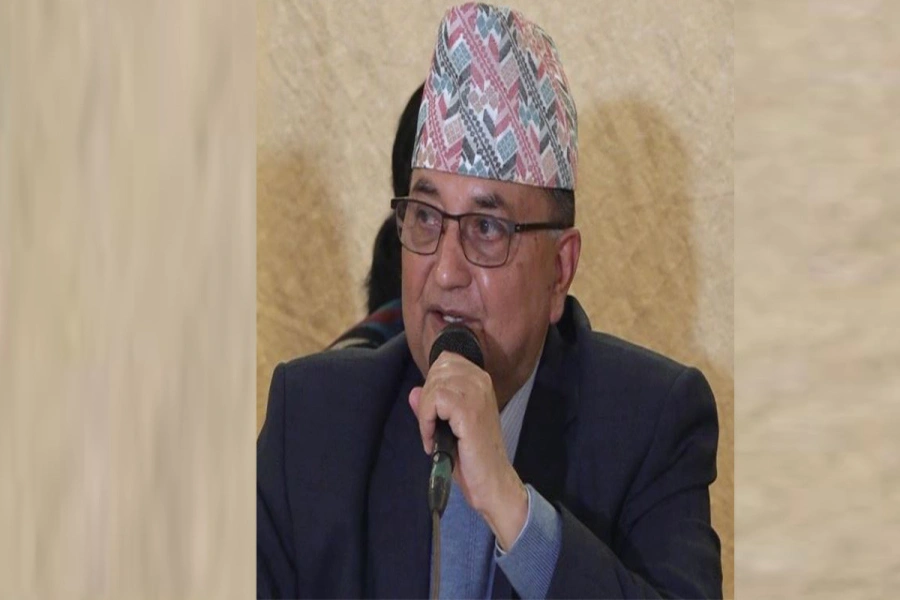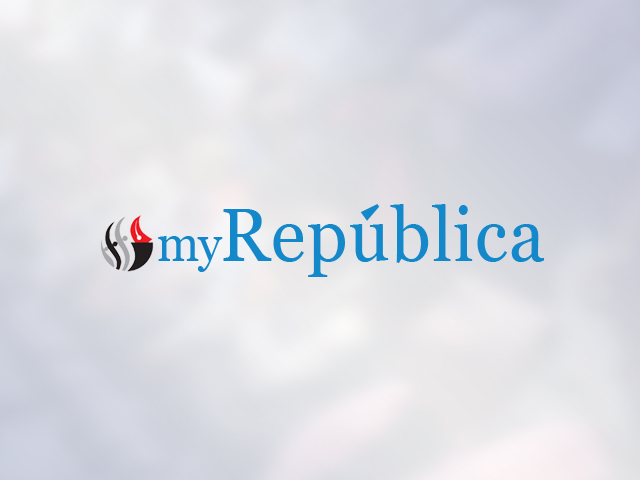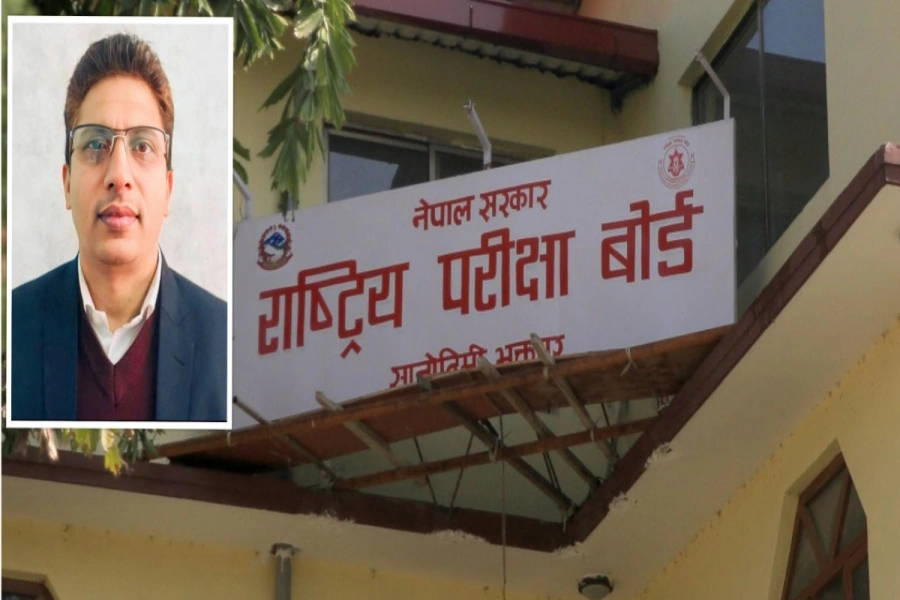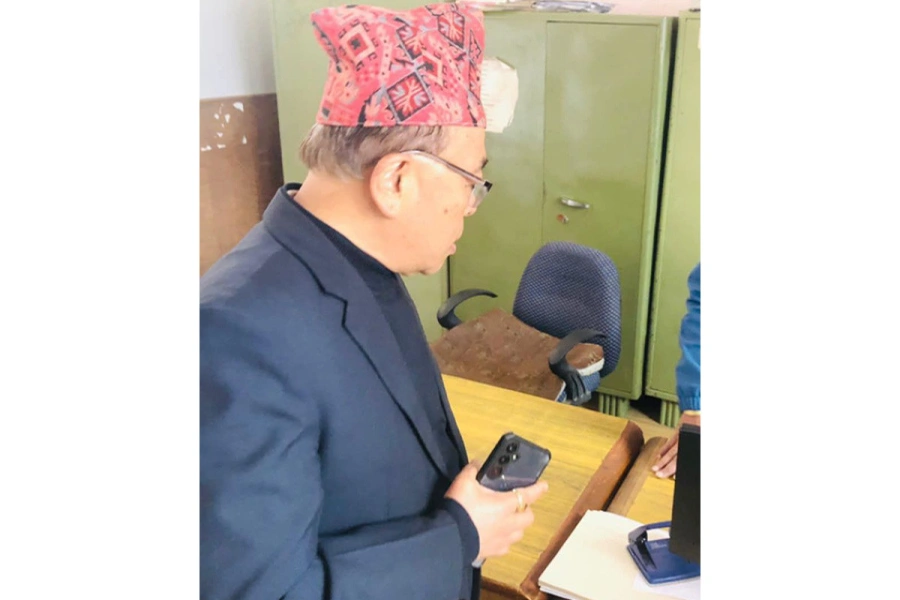“We decided to enforce dual-pricing as a stopgap measure to resolve the problems and settle the dues of Nepal Oil Corporation (NOC) to Indian Oil Corporation (IOC). I express commitment to withdraw the decision within ten days,” Pashupati Murarka, vice-president of Federation of Nepalese Chambers of Commerce and Industry (FNCCI) said, quoting minister Bhatta.[break]
Murarka said Bhatta was convinced after the delegation apprised him of the possible impacts in the industrial sector with the rise in the price of diesel and kerosene. FNCCI has already urged the government on Sunday to immediately revoke the decision, which it says, would weaken the competitive strength of Nepali industries with a rise in the cost of production.
FNCCI had also asked the government to implement the decision of the previous government to provide diesel at a rate cheaper by Rs 10 per liter for the industrial sector.
NOC had decided on Saturday to introduce dual-pricing in which the price of diesel and kerosene has been set at Rs 95 per liter for industries, hotels, foreign missions, hospitals and development projects, keeping existing price of Rs 76 per liter unchanged for general public and the transport sector.
Business people have said production of electricity on diesel will cost Rs 30.25 per unit, up from existing Rs 25 per unit if the price of diesel rises by Rs 19 per liter.
Two influential business associations in Eastern Nepal - Morang Trade Association and Morang Industry Association - have also jointly announced not to buy diesel unless the government withdraws the move to impose dual-pricing in diesel and kerosene.
NOC’s Biratnagar depot to add 1.4 million liters of diesel stor...




